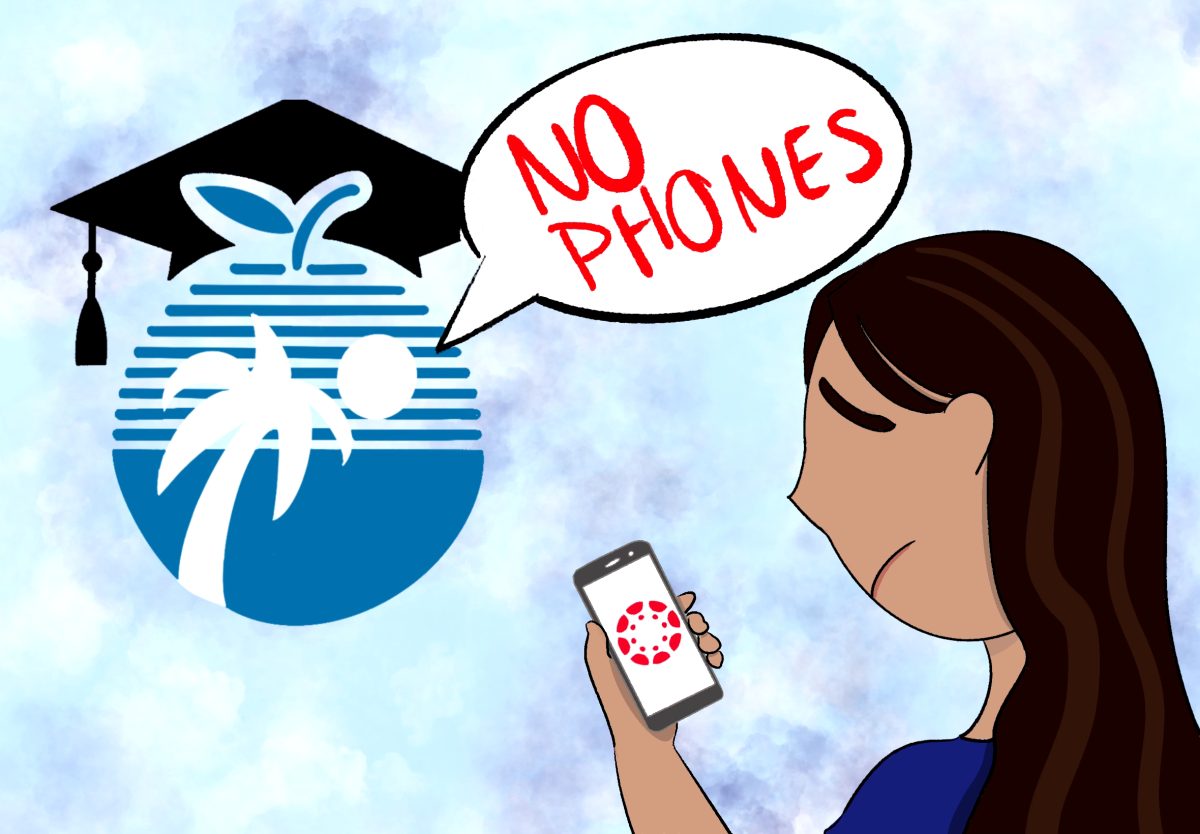The year 2023 was reported to be the hottest year on record, following extreme weather disasters as a result of continuously increasing greenhouse gas emissions. It is predicted that, as a result of these conditions, 143 million families will migrate to survive the climate crisis by 2050.
The planet’s unresolved issues of unsustainable development are an example of environmental injustice and complete ignorance of human rights for present and future populations. Climate change poses serious threats to the health, life quality and resource availability of individuals, especially in the future. Globally, every child will indubitably inherit a planet more polluted than before unless the current population finds an effective solution.
Unsustainable development refers to the act of pursuing immediate rewards at the expense of future generations. Although its consequences are equally devastating to the current generation, this trend will be evidently more destructive to future populations. Exporting an environmentally unsupportive amount of fossil fuels annually will detrimentally impact future populations.
For instance, three-hundred and eighty million tons of plastic are produced annually, mostly for single-use purposes This is extremely problematic given its known consequences for human health, some of the most severe being cancer, lung disease and birth defects. Ultraviolet radiation from the sun breaks down the plastics into microplastics, toxic particles that can easily contaminate water and soil. The toxins then enter the food chain from organisms that grow in the contaminated soil or ingest the water, further polluting the planet’s sources of nourishment. The annual consumption rate of microplastics among Americans ranges from 39,000 to 52,000 particles, not including inhalation.
The current trend in plastic exports is completely unsustainable and has the capability of damaging the health of future generations through the consumption of microplastics. Once swallowed, microplastics cannot be removed from the body and can be passed down from generation to generation. The Center for International Environmental Law states that ingesting plastic poses long-term health effects such as inflammation, genotoxicity, oxidative stress, apoptosis and necrosis, which are linked to an array of negative health outcomes.
Children whose parents consume an excessive amount of plastic are more likely to develop these diseases at a faster rate. Ignoring the necessity of adapting to a renewable resource means paying no attention to human development for the people inhabiting this planet currently and in the future.
Plastic is not the only form of pollution that poses severe effects on human health. Although air pollution from CO2 emissions is poisonous for all individuals, it is especially harmful to young children and adolescents. Their still-developing immune systems make it harder for them to protect themselves against diseases associated with air pollution, including respiratory infections, heart disease, stroke and lung cancer.
The Intergovernmental Panel on Climate Change predicts that by 2050, almost 70% of the world’s growing population will live in urban areas, which signifies that future populations will be exposed to increased levels of air pollution. This violates fundamental human rights principles because it does not ensure the safety or standard of living for individuals who will live on this planet in the future.
As global warming continues to increase the earth’s average surface temperature, threats to food and water security are one of the most prevalent consequences. As reported by the IPCC, globally, 800 million to 3 billion people are projected to experience chronic water scarcity due to droughts if the earth’s average surface temperature reaches 2 C. In the year 2022, the average surface temperature was 1.55 C—the planet’s 6 warmest year on record.
Cutbacks in food production are a product of an increasing global temperature from greenhouse gas emissions. If farmworkers reduce crop collection due to severe, high temperatures, food prices will increase and result in malnutrition, especially in poorer countries. If families in poverty find it progressively difficult to obtain access to clean water and fresh food, future generations will be completely deprived of these basic necessities.
Insecurity in sustenance as a result of climate change will result in malnutrition, especially in populations concentrated in Sub-Saharan Africa, South Asia and Central America. Stunting—impaired cognitive and physical development—is an effect children with deficient nutrition will suffer from. Severe stunting makes it difficult for children to pursue education due to their inability to mature quickly. This reduces their chances of securing a job or a steady income on their own. Therefore, children with severe stunting will suffer at the expense of unsustainable development.
It is unacceptable for our generation to not find a solution to the evident dangers unsustainable development poses to future populations. Unsustainability exacerbates the health of individuals, which is a violation of their human right to live safely. We must develop a solution because future generations deserve to live an adequate standard of living—just as much as previous generations have—without pollution having to deprive them of a basic human right.
Government institutions have not been implementing sustainable development practices quickly enough, positioning future generations for disaster. Unsustainable development is a complex issue that requires immense planning, but the consequences leave us no other choice.
Although international treaties have been implemented in an attempt to reduce the effects of climate change, they have been insufficient in meeting their goal. The Paris Agreement is a global treaty that strives to limit the average surface global temperature to under 2 degrees Celsius (35.6 F). However, due to the current trends in unsustainable development, the global temperature for the year 2023 has increased 0.52 C higher than average, surpassing the warmest year record. Despite the Paris Agreement, the earth’s average temperature continues to gradually increase, indicating that current treaties are not fulfilling their goals at a rate quick enough to support future generations.
Therefore, countries should internationally agree to an effective solution by adapting to sustainable practices so future generations do not suffer from increased exposure to over-pollution and supply scarcity. Governments should make contracts with plastic and oil extraction companies to limit the extraction of fossil fuels to help reduce the earth’s average surface temperature. Locally, people can refrain from purchasing plastic items and wasting food, saving energy and recycling.
























